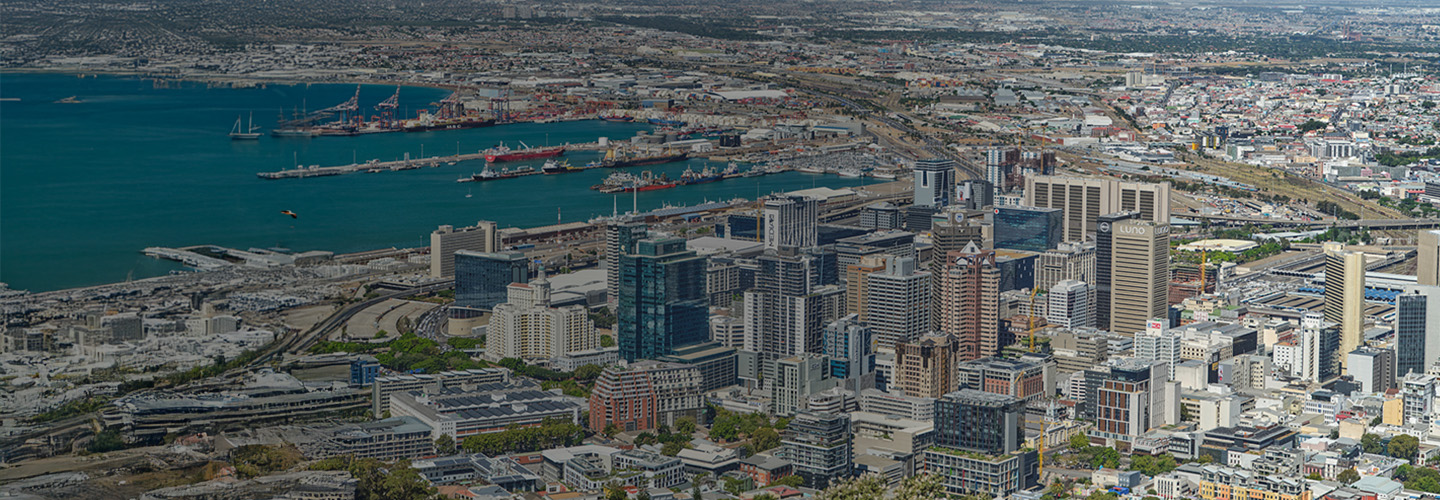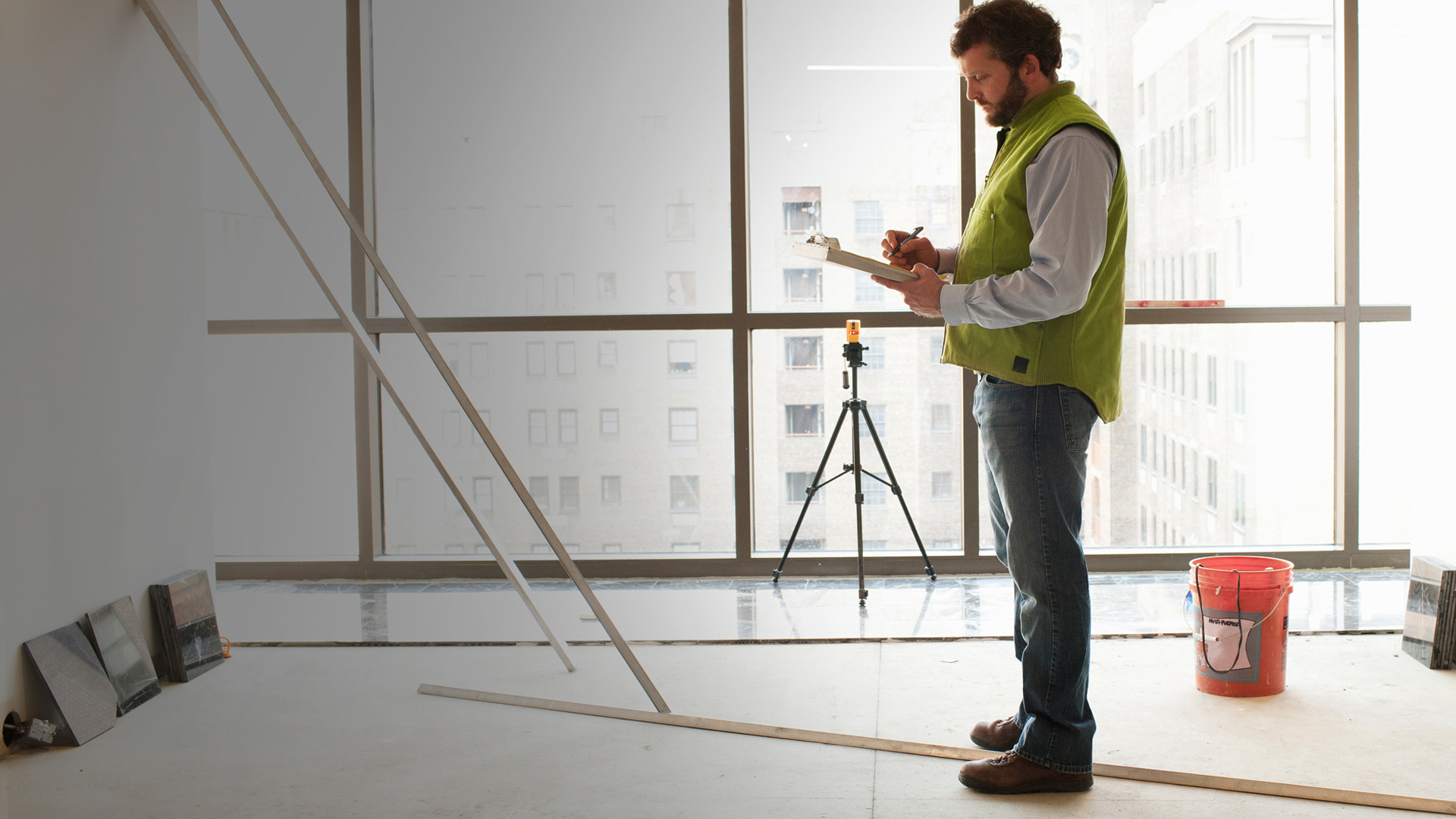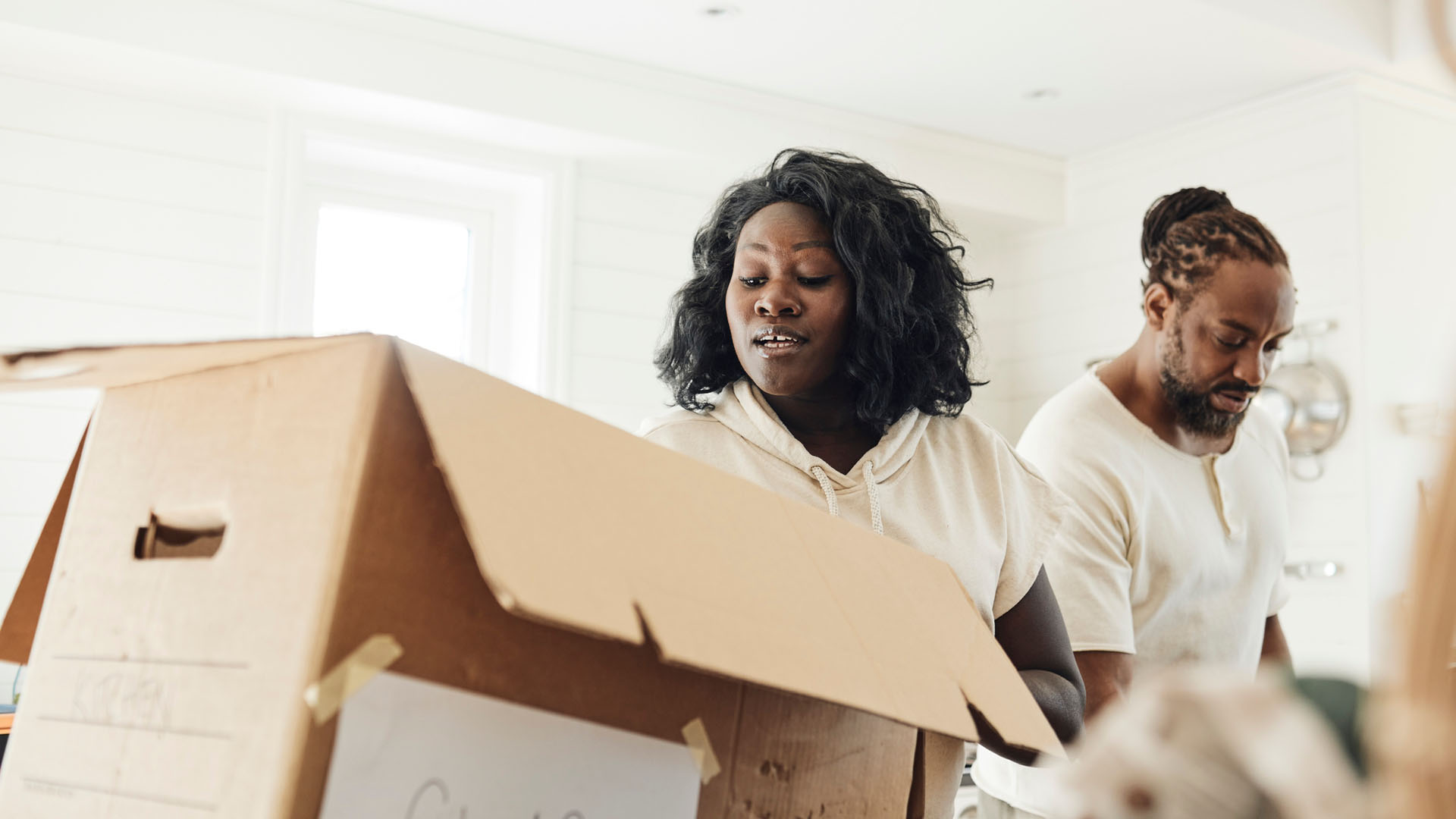Buying a home can catch you and your budget off guard if you’re not properly prepared for the extra costs involved. This is often an unpleasant surprise for first-time buyers caught up in the thrill of the home-buying process. Some of these costs need to be paid before the home can be registered in your name and some are ongoing costs after becoming a homeowner.
Prepare yourself so that you don’t incur additional debt by tapping into your overdraft or credit card when the time comes, or have to take out a personal loan on top of your home loan. Rather budget for these costs.
You have to save up for a while before you start looking at houses or apply for a home loan. The following expenses that will crop up during your home buying experience, and you’ll face some more after moving into your home.
Home loan-related costs
When buying a house, your first concern is likely to be the monthly cost of paying your bond. This makes sense because your home is probably the biggest purchase you’ll make in your lifetime, and it comes with a long-term commitment of up to 20 years. But you also need to be prepared for some initial administrative costs.
These include the home loan initiation fee – a fixed fee of R6,037 – and you pay it to the bank for processing your home loan application. Bond and transfer costs are the conveyancing or legal fees you will pay to the bond attorney appointed by the bank and transferring attorney appointed by the property’s seller to transfer ownership to you. These costs vary according to the size of your home loan and the property purchase price. You can calculate an estimate of these by using our bond and transfer cost calculator. For more detailed information on our pricing, we recommend you download the home loan price guide (PDF).
Relocation and moving-in costs
The conveyancing process of transferring a property into your name typically takes around 2 to 3 months – time you can spend planning your move. Moving your household contents to your new home is an unavoidable expense that could cost thousands of rand. The further you need to move, the higher the cost. First, search online to find a reputable mover, and get quotes from at least 3 companies to compare prices and insurance cover. You should also check online reviews and rankings of any companies that you’re considering.
A cost many first-time buyers are not aware of is the possibility of paying occupational rent after you’ve moved in. It is levied and paid to the seller only if you move in before the property has been transferred into your name. If you urgently need to move in before the transfer process is completed and the seller allows you to, you’ll be living in a home that still belongs to the seller. This doesn’t apply if you only move in once the house is transferred to your name. Check with the estate agent whether this clause is included, and at what rate. The amount is typically around 1% of the property value.
Recurring monthly costs
There are many ongoing costs associated with owning a house that buyers also need to include in their financial planning. For instance, paying rates and taxes to your local authority. This monthly bill includes items like land taxes and charges for municipal services like refuse collection, electricity and water. An important note about your municipal bill is that you’ll have to pay a deposit upon moving in. This cost varies according to the local council’s own rules, and will be based on the property’s past monthly costs. You’ll receive this money back when you sell your property, but be sure to check with your estate agent or local council for how much you need to budget for your initial deposit.
Think of the cost of maintenance and upgrades as an investment in the value of your home
If you’re moving into an apartment complex or security estate, you may also have to pay a deposit on your monthly levy. The levy is used to cover the cost of security and maintenance of common areas and facilities, and is in addition to your bill for utilities like water and electricity.
Unforeseen maintenance and upgrades
Unexpected expenses are the biggest threat to your home-owner budget. This is why you should take expert advice on the condition of a property before you buy it. Look out for any maintenance issues or upgrades you’ll need to deal with immediately.
Be especially vigilant for structural problems like the electrical systems, roof leaks, plumbing, cracks, mould and damp. These are not only costly to repair, but should be pointed out to you by the seller or estate agent. You must know what you’re buying and how much more you will need to spend – this will affect the offer you make. If these defects were hidden from you and you only discover them after the sale, you can demand that the seller repair such problems, or pay for the repairs. But that’s a legal wrangle you can avoid by checking these issues beforehand.
Even with no hidden defects, you may want to upgrade a house immediately. For example, you may need to beef up security, or change the locks, or repair defects that you were aware of, but have budgeted for. That’s one of the reasons to buy a ‘fixer-upper’ – you can secure a bargain price because of acknowledged problems that need repairs, but still afford to tackle those basic repairs as soon as you occupy the property. If you’re ‘flipping’ the house to sell it again quickly, you’ll also want to add touches to increase its value.
And once you’ve got your new home in tip-top condition, budgeting to maintain it is simply part of the home-ownership journey. Structures and utilities that were fine when you bought the place can break down and need repair. But think of the cost of maintenance and upgrades as an investment in the value of your home. As long as you don’t overcapitalise on the property, you’ll see a return on that investment when you eventually decide to sell.
Homeowner’s insurance
This is a monthly premium that depends on the value of your property. Homeowner’s insurance covers your home if there are damages or loss (for example, fire). You may opt to insure your home with Nedbank or an insurance provider of your choice.
Did you know that on average, Nedbank pays out around R1.3 million a month in cash back on home loans? In 2025, we paid out more than R16 million in cash back on home loans. For an affordable home loan tailored to your circumstances and value-added extras like up to R20,000 cash back and a 50% discount on your attorney bond registration fees, choose the bank that’s best for your money.
This article is for general information only and does not constitute financial advice under the FAIS Act. Nedbank accepts no liability for any loss arising from reliance on this content. Please consult a qualified advisor before making financial decisions.








